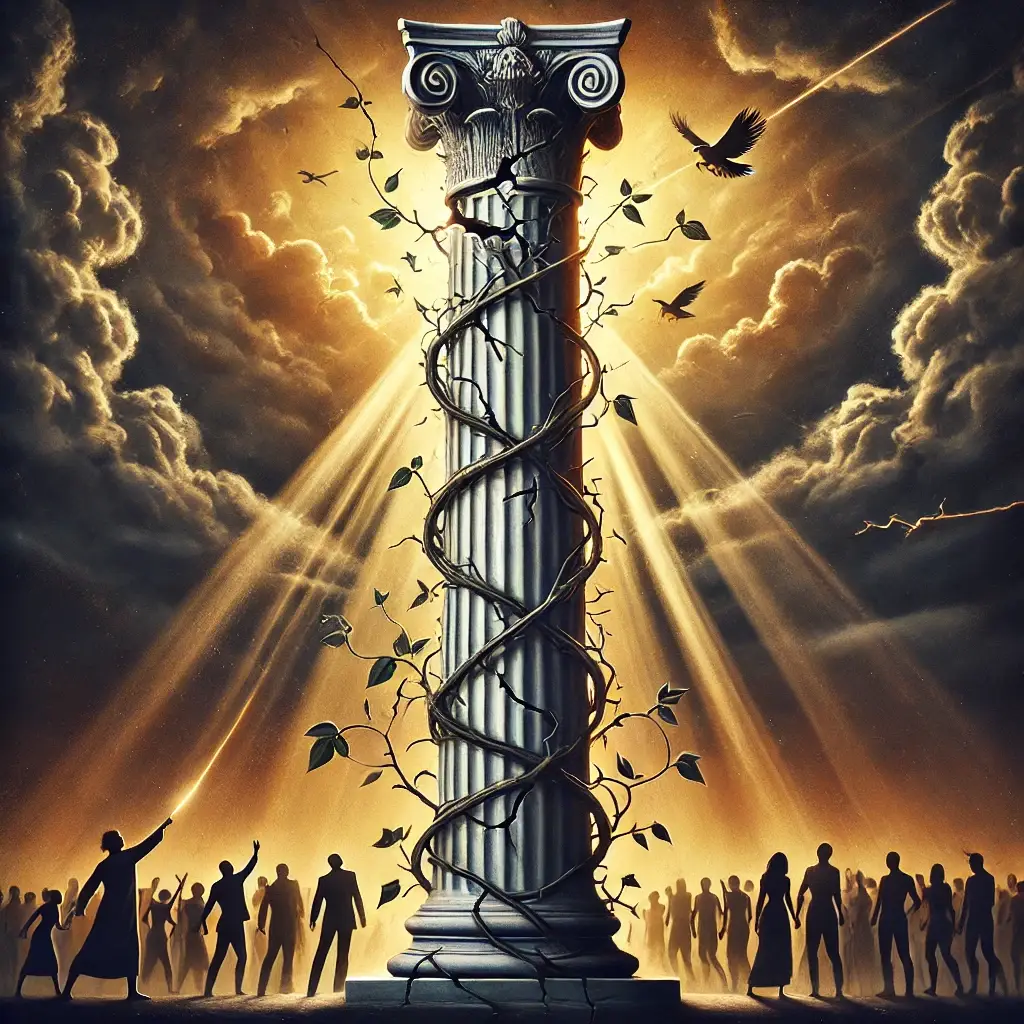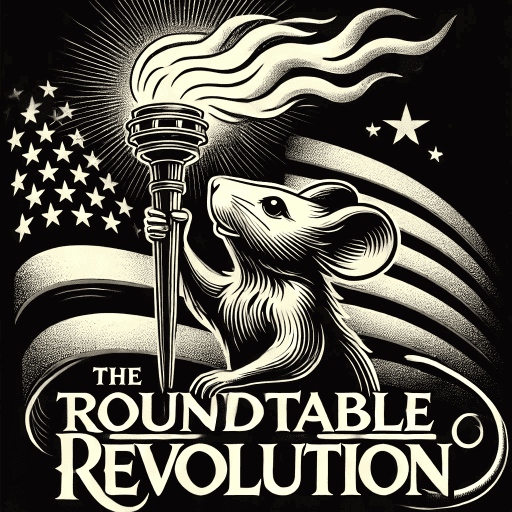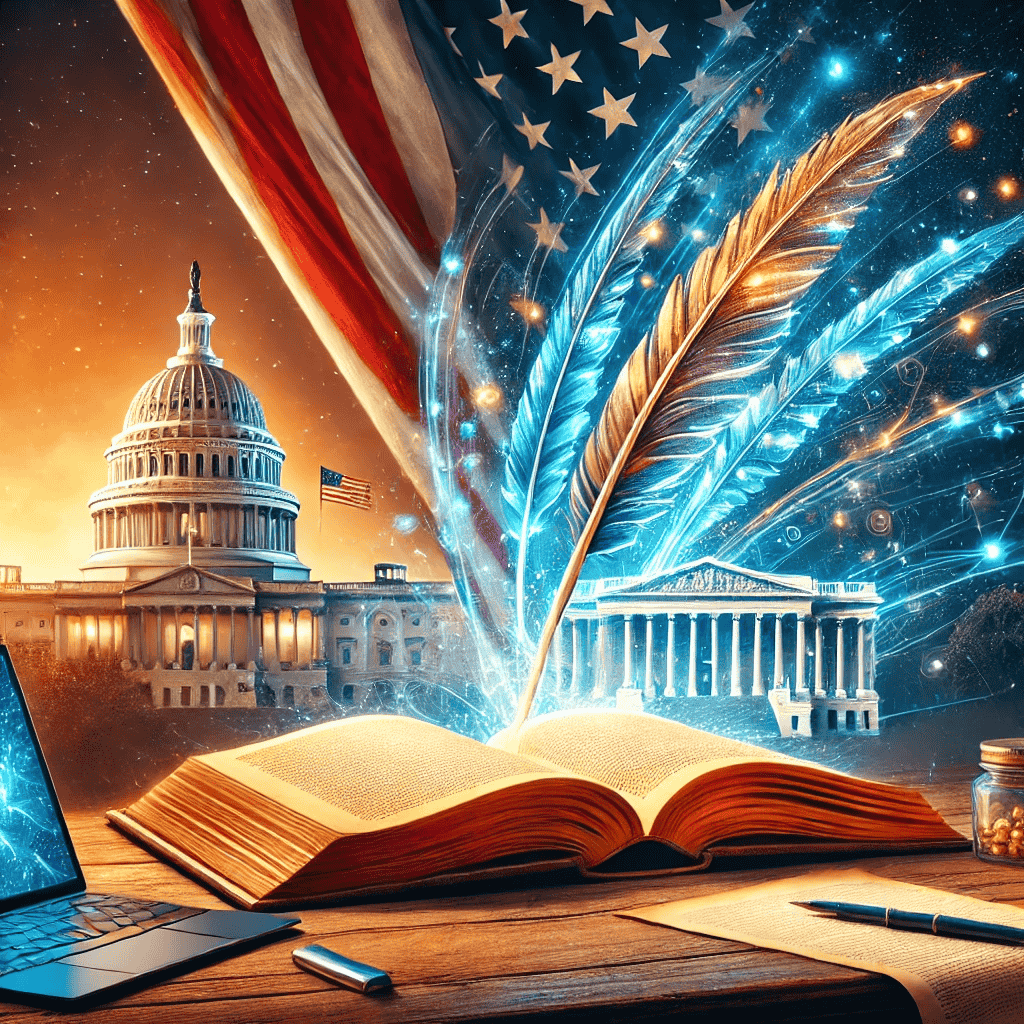
The Illusion of Choice:
Our Compromised Democracy
We often hear heated debates about whether America is a democracy or a republic, with some insisting that the distinction is critical. But what does it really mean? And why does it matter in understanding the state of our nation today?
At its core, a democracy is government by the people, where decisions are made by majority rule—either directly or through elected representatives. A republic, on the other hand, is a system where power rests with elected representatives who are bound by law to serve the interests of their constituents. In truth, America is both—a democratic republic, blending elements of majority rule with safeguards to protect individual and minority rights.
But here’s the problem: neither democracy nor republicanism is functioning as it should. Instead, we find ourselves in an era where the illusion of choice masks a system dominated by wealth, power, and entrenched interests.
Why Words Matter
For decades, political discourse has shifted, particularly among some factions, to emphasize America as a “republic,” often to distance it from the perceived chaos of direct democracy. While this semantic shift might seem trivial, it reflects deeper issues. The emphasis on “republic” has been used to justify structures and systems that limit popular participation—like the Electoral College, gerrymandering, and voter suppression laws—under the guise of protecting against “mob rule.”
But the truth is, whether you call it a democracy or a republic, the system we have today is failing to represent the people it’s supposed to serve.
The Illusion of Representation
Think about the last election. Were you truly choosing from a wide array of candidates who represented the diversity of thought in America? Or were you selecting from a narrow field of preapproved, donor-backed individuals? For many Americans, voting feels less like a powerful act of civic engagement and more like choosing the lesser of two evils from a list curated by party elites and special interests.
This is not the democracy envisioned by the Founding Fathers. It’s not even the republic they designed. Instead, it’s a system where power flows not from the people, but from concentrated wealth and influence.
How We Got Here
This distortion didn’t happen overnight. Gerrymandering has created “safe” districts where competition is nonexistent, allowing politicians to prioritize party loyalty over constituent needs. The unchecked influence of money in politics ensures that corporate donors and wealthy individuals hold more sway than the average voter. Meanwhile, policies like voter ID laws and purges of voter rolls disproportionately disenfranchise marginalized groups, further eroding the ideal of “government by the people.”
The Path Forward
It’s easy to feel powerless in the face of such systemic issues. But recognizing the problem is the first step toward solving it. The Roundtable Revolution is about restoring the ideals of a true democratic republic—where every voice matters and every vote counts. It’s about ending the stranglehold of money and corruption on our political system and returning power to the people.
This isn’t a call to tear down the system—it’s a call to fix it. To build a government that works for everyone, not just the wealthy and well-connected. To ensure that the next generation inherits a nation that lives up to its promise of liberty and justice for all.
Because at the end of the day, it’s not about whether we call ourselves a democracy or a republic. It’s about whether we can look each other in the eye and say, “Your voice matters as much as mine.”
Share! Pass it along! That’s how this works! Let it begin!


